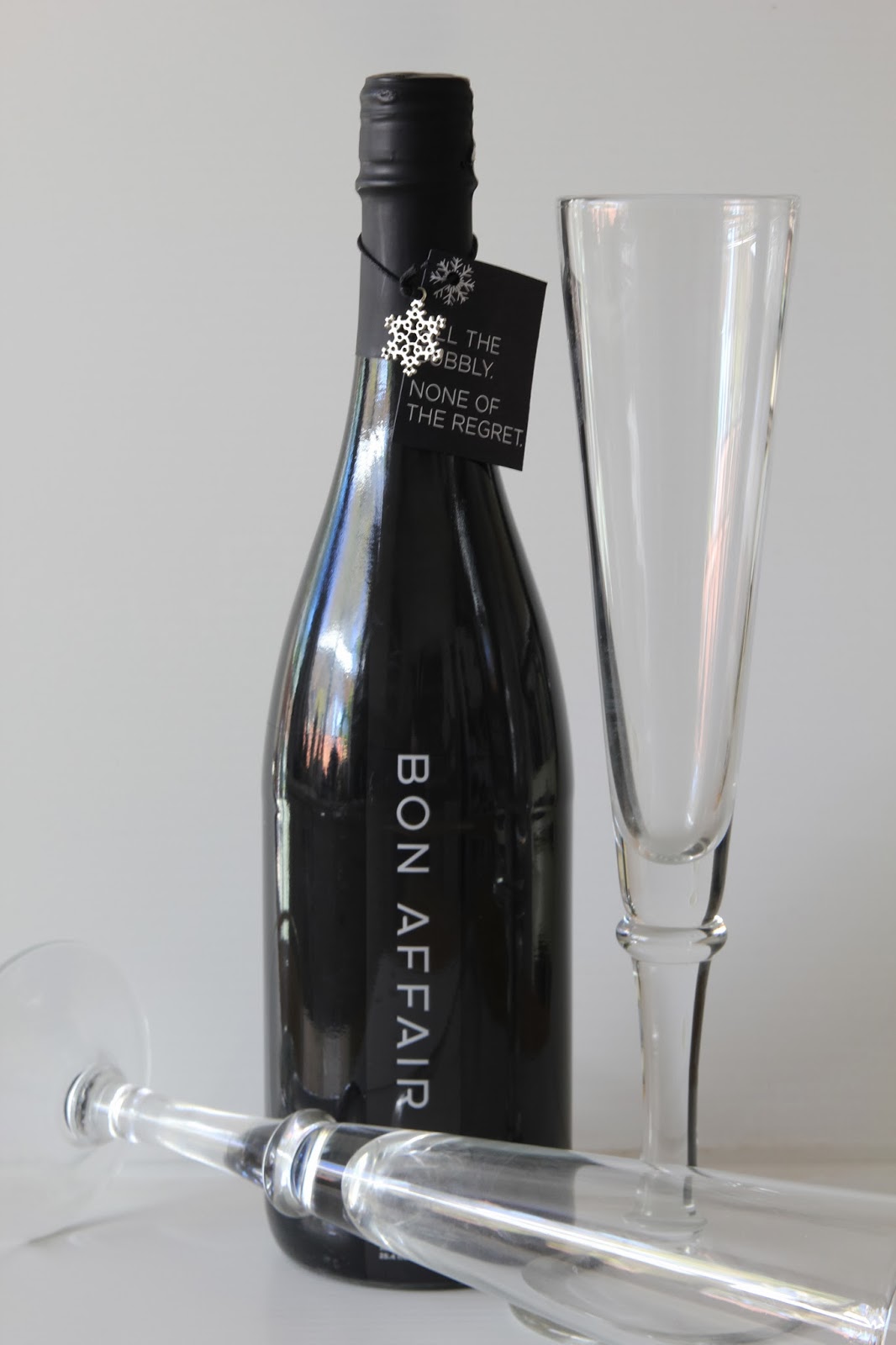Remember those chic wine spritzers that made a splash on Shark Tank? Bon Affair, the brainchild of Jayla Siciliano, promised a lighter, brighter way to enjoy wine – fewer calories, no added sugar, a touch less alcohol, and a little boost of electrolytes. Tapping into the growing trend of mindful drinking, Bon Affair seemed poised for success. But the beverage industry is notoriously fickle, and the brand’s journey has been anything but smooth sailing. So, what’s the uncorked truth about Bon Affair? Let’s dive in.
From Shark Tank Success to Founder Departure: A Timeline
Bon Affair’s story began with a simple yet innovative idea: to create a wine spritzer catering to health-conscious consumers. Siciliano, a wine enthusiast herself, recognized the desire for a guilt-free way to enjoy a drink. Appearing on Season 5 of Shark Tank, she secured a deal with Mark Cuban, propelling Bon Affair into the spotlight.
The initial success was undeniable. Bon Affair’s unique selling points resonated with a market eager for healthier alternatives to sugary cocktails and traditional wines. But just a few years later, Siciliano transitioned away from the company to pursue other ventures, leaving many to wonder about the brand’s future.
Adding to the intrigue, details surrounding the current ownership of Bon Affair remain shrouded in mystery. Public records offer no clear answer as to who took the reins after Siciliano’s departure.
Despite the lack of transparency, one thing is clear: Bon Affair is still afloat. The brand continues to generate an estimated $5 million in annual revenue, defying those who might have written it off as just another flash-in-the-pan Shark Tank story.
Navigating Uncertain Waters: Challenges and Opportunities
While Bon Affair’s early days were marked by rapid growth, the brand has undoubtedly faced its share of challenges. The beverage industry is notoriously competitive, with new players and trends constantly emerging. Some experts suggest that Bon Affair may have struggled to adapt to this ever-changing landscape.
One theory is that Bon Affair missed an opportunity to fully capitalize on the booming popularity of low-alcohol and ready-to-drink beverages. Hard seltzers, in particular, have exploded in recent years, becoming a dominant force in the market.
Additionally, Bon Affair’s online presence has remained largely dormant, making it difficult to gauge consumer sentiment and assess the brand’s current marketing strategies.
However, amidst these challenges, opportunities for Bon Affair still exist. The brand’s commitment to providing healthier and lower-calorie options remains relevant, especially as consumers prioritize wellness and mindful consumption.
A renewed focus on digital marketing, coupled with a potential expansion into new product lines or collaborations, could help Bon Affair recapture the attention of health-conscious consumers.
The Legacy of Bon Affair: A Pioneer in Healthier Drinking
Regardless of what the future holds, Bon Affair’s story serves as a valuable lesson for aspiring entrepreneurs. It highlights the importance of adaptability, market awareness, and consistent brand-building in the face of a constantly evolving industry.
Even if Bon Affair’s future remains uncertain, its legacy as a pioneer in the healthier drinking movement is secure. The brand helped pave the way for a new wave of beverage options that prioritize taste and enjoyment without compromising on well-being.
If you’re interested in understanding the complexities of Capital Loss Love Was The Law is a must-read. Also, check out Better Man Trailer Robbie Williams for a captivating music video.










